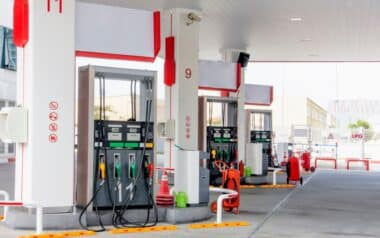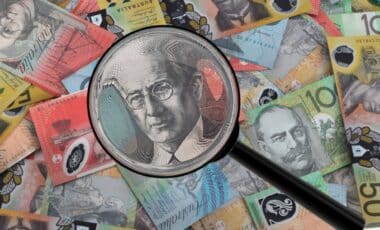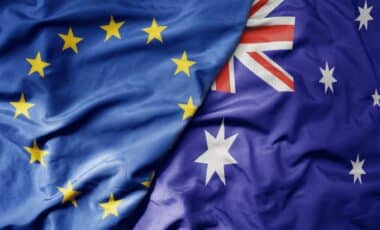As fuel prices remain a key concern amid rising living costs, a new proposal to halve the fuel excise has reignited debate over whether Australians are paying too much at the pump. According to a report by SBS News, despite widespread frustration, Australia’s petrol prices and taxes remain relatively low when compared globally—but the nation’s heavy reliance on cars paints a more complicated picture.
Australia’s Position in the Global Petrol Market
Australians currently pay around $1.65 per litre, according to data from GlobalPetrolPrices.com. This is well below the global average of nearly $2 per litre. In the UK, drivers pay approximately $2.79, and even more in countries like Iceland ($3.70) and the Netherlands ($3.25). By contrast, fuel is cheaper in countries such as Malaysia ($0.73), Vietnam ($1.27), and the US ($1.45).
These figures suggest that while fuel prices in Australia feel high, they are moderate in international terms, particularly when compared to Europe.
Tax Levels: How Australia Compares
The current fuel excise in Australia stands at 50.8 cents per litre, but Opposition Leader Peter Dutton has proposed reducing it to 25.4 cents for 12 months—an idea expected to cost $6 billion and potentially save motorists about $14 a week.
Experts like Yogi Vidyattama, from the University of Canberra, say Australia sits in the middle globally when it comes to fuel taxation. European countries typically impose higher excises, while the US and Southeast Asia tax fuel at lower rates.
John Hawkins, also of the University of Canberra, noted:
“Australia has lower fuel taxes than most OECD countries. As a result, Australia’s petrol prices are less than in most OECD countries.”
The Cost of Petrol in Real Terms
While fuel taxes may be lower, Australians still spend significantly on petrol due to high levels of car dependence. Census data shows that over 90% of households own at least one vehicle, and more than half own two or more.
Hawkins and Vidyattama both pointed to Australia’s urban sprawl and underdeveloped public transport systems as key reasons for this dependence—especially outside major cities. This means Australians not only drive more but also tend to use larger, less fuel-efficient vehicles, increasing overall consumption.
As a result, petrol accounts for about 3% of average household income, according to Vidyattama’s estimates—adding weight to the argument that, regardless of global prices, fuel costs remain a major household burden.
Will Cutting the Fuel Excise Make a Difference?
The Opposition’s proposal to halve the excise could bring short-term relief, but experts are divided over its long-term effectiveness.
Vidyattama cautioned:
“I was thinking that the number is inflated.”
He also noted that people who don’t drive won’t benefit from the cut at all, questioning the fairness and reach of the policy.
Hawkins added that the proposed savings appear based on high usage assumptions:
“Figures seem to assume households are spending $10,000 a year on petrol—only true for a small number outside major cities.”









